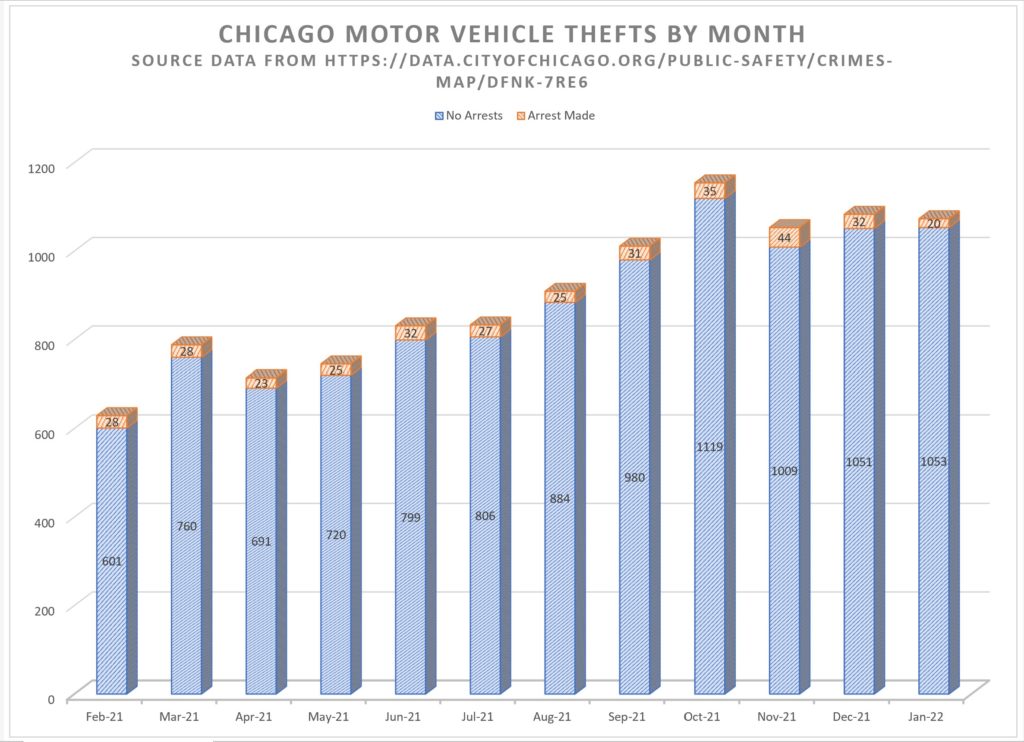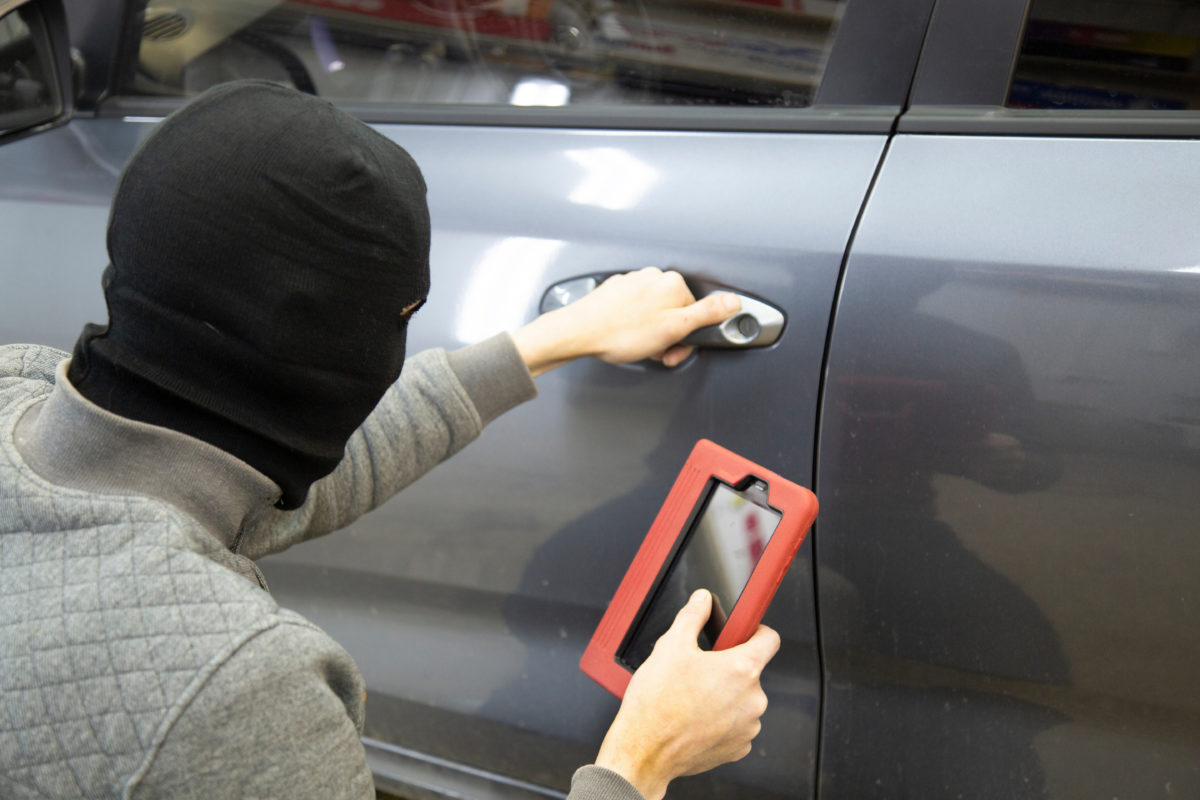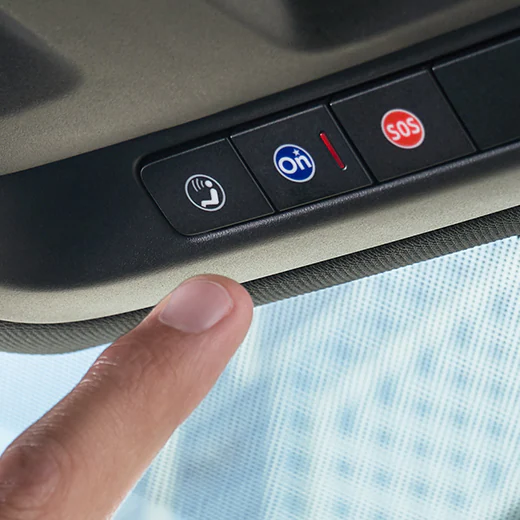The spyware produced by NSO Group and used by governments should be a concern to all. Everyone should consider the impact it has on human rights. Even if journalists and human rights activists are the effected party, it effects all.
Image from Pexels – CC0 License
Governments using the Pegasus spyware from NSO to silence and attack journalists and activists
Concerned non-profits, news outlets, and more have highlighted NSO Group’s use of spyware to target certain groups. The Pegasus Project is a collaboration of journalists in 10 different countries. Paris-based nonprofit, Forbidden Stories, organized it. They get technical support from Amnesty International. The project has raised the issue of attacking groups most likely to speak out such as journalists and activists. Large companies including Apple and WhatsApp have also addressed the issue, bringing legal cases against NSO Group.
The use of spyware to target journalists and human rights activists is not just something to concern the individuals in question. Everyone should pay attention to how governments are using NSO Group’s spyware and the impact that it has on freedom of speech and expression. Human Rights Watch says governments should “immediately cease their own use of surveillance technologies in ways that violate human rights.” There have been a confirmed dozens of cases so far. They say the number of people targeted by this type of surveillance could be much larger. Reporting from the Pegasus Project was based on a leaked list of 50,000 phone numbers. Human Rights Watch reports some of their staff members appear on this list.
Used to violate the rights of anyone who may be critical of the government
Human Rights Watch and other groups argue that NSO Group and others in their industry have failed to regulate themselves. Many who sell surveillance products, do so to governments that don’t offer transparency or oversight over how the products are used. However, it also has impact on those who may self-censor out of fear of surveillance, including journalists and their sources.
Image from Pexels – CC0 License
Targeting by spyware doesn’t just directly affect journalists and activists. It undermines free expression as well as removing personal security and even threatening lives.
One prominent example of surveillance highlighted by the Pegasus Project was that of the family of the murdered Saudi journalist, Jamal Khashoggi, by Saudi operatives. Selected for targeting shortly before he was killed in 2017 was Cecilio Pinedo, a Mexican journalist. Pegasus has also been used in Azerbaijan and India. The Prime Minister of India bought the spyware as part of a weapons deal with Israel in 2017.
Targeted journalists are from major international publications including CNN, the Associated Press, and the New York Times. This type of surveillance by governments erodes the freedoms and rights of everyone by restricting freedom of information and expression.









